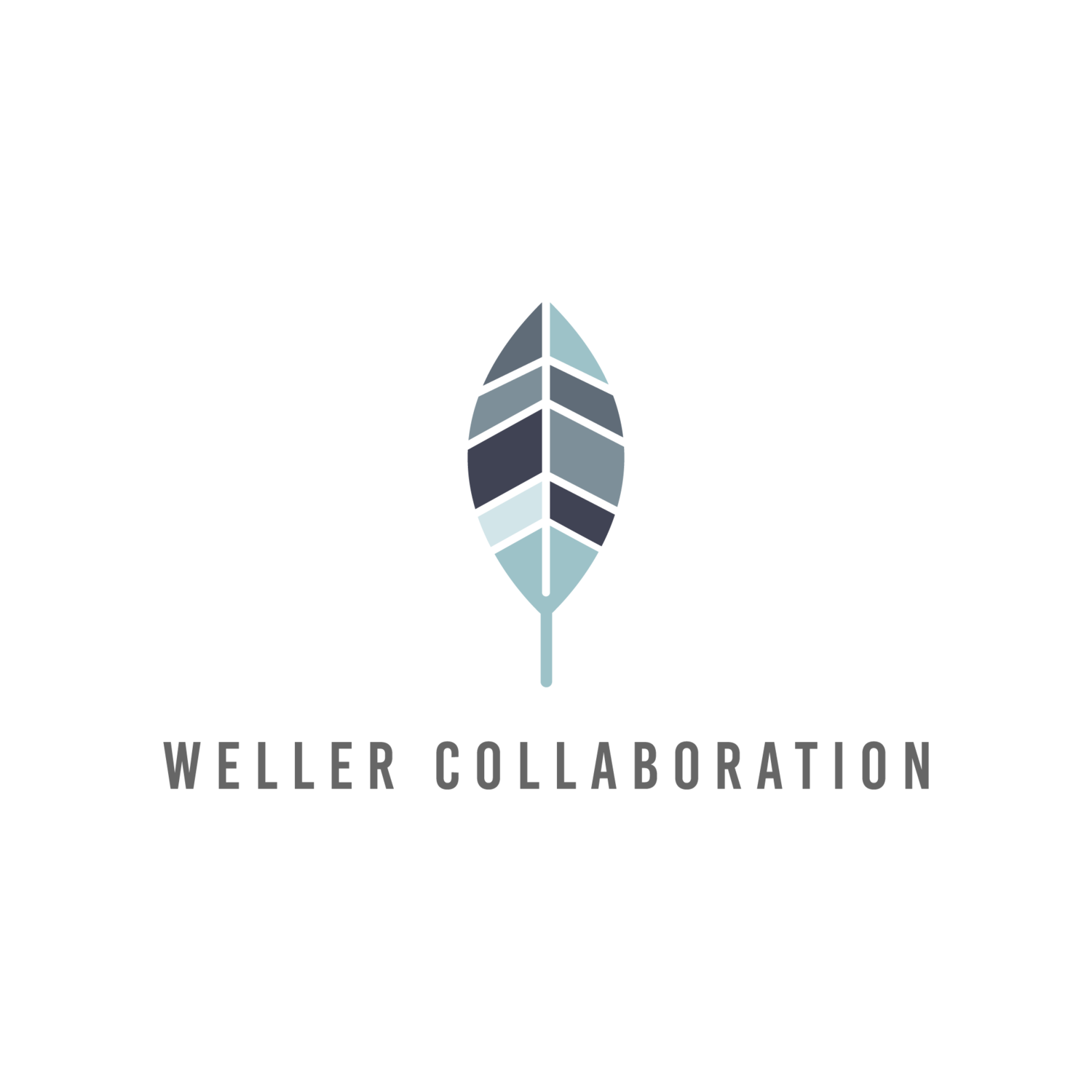Challenging
My husband and I had a recent conversation where he pushed me on something I was avoiding. He did it in a loving way; encouraging me to see the situation from a different perspective and how shifting my thinking might be beneficial. At that moment, I realized I could no longer keep this issue to the back burner – the more I let it sit there, the more my frustration grew and disempowered I became. He challenged me, and it made all the difference in me moving forward to deal with it and realize resolution.
It’s a wonderful thing to have people challenge you; to shine a light on something you might not be ready to see. Obviously it’s comforting to have people provide reassurance and agree with us, but it’s just as essential to recruit supporters who don’t always agree or reinforce what we already know. This can be uncomfortable, particularly for those who are conflict-averse, or have a need to be either liked or be right. But sometimes I think the kindest thing we can do for each other is to not stay silent for the sake of creating harmony — to speak up when alternative ways of thinking or action might surface possibility.
At work, organizations seek to create collaborative, engaged environments. We want work to be enjoyable and rewarding, where we’re putting our energy into actions that are aligned with our values and achieve results. Relationships are a key factor, and how we communicate with each other is the glue that brings it all together.
How often are we speaking our minds confidently, compassionately, and productively? When do we address both the urgent and important topics, while giving others the opportunity and safety to do the same?
Effective collaboration requires some discomfort. Positive conflict shouldn’t be tolerated, but welcomed. Our desire for harmony can be warped into a culture of “nice”, where we foster conflict-avoidant tendencies and don’t talk about what really matters at the right time with the people who need to be involved. Think about the “meeting after the meeting”, or the backchannel exchanges that ultimately create more noise, damage relationships, and drag things out. Maybe our colleagues aren’t comfortable with saying “no” when it’s appropriate, or are creating inefficient work-arounds to get around working with tools or people they’d prefer not to.
Take a minute to think about how many problems you might have solved more quickly, or the number of issues that hung around in your life for longer than you would have liked them to, if someone challenged you sooner (or, at all). What if someone asked you a question or gave you an opposing viewpoint that gave you pause? Would you have been open to it?
One crucial ingredient for these conversations is trust. When we’re challenged by people we’re comfortable being vulnerable with, the potential sting diminishes and their comments resonate more deeply. Further, I believe the act of challenging someone is a way of building trust – of co-creating dialogue and space where we allow trust to grow. This is a powerful space for teams and colleagues, and is unfortunately absent from too many workplaces.
How might we move beyond our discomfort of poking holes in someone’s opinion, or questioning each others’ thinking? And being respectful as we engage in conversations that increase – rather than erode - trust? It starts with us being open to receiving challenges ourselves, and inviting others to engage in a safe space to point out potential blind spots.
How do you welcome the act of challenging into the room? Some of my favorite invitations include “How might we approach this from a different perspective?”, “What have we not talked about that needs to be in this conversation?”, or something as direct as “I invite you to challenge my thinking here.”
Let’s get curious about what we don’t know and what perspectives might be missing. And even if we think we know the best answer, let’s be intentional about creating a safe space for others to poke holes in it. We can take it even further by enlisting what Adam Grant calls a challenge network, where participants “don’t disagree just for the sake of it; they disagree because they care.”
Ultimately our goal is to create dialogue that builds innovation, trust, and resilience. Yes, this involves a larger investment of time and energy up-front, and forming a new practice can take time. But what if it results in time better spent, more effective decision making, and fewer meetings?
I challenge you to find out.


